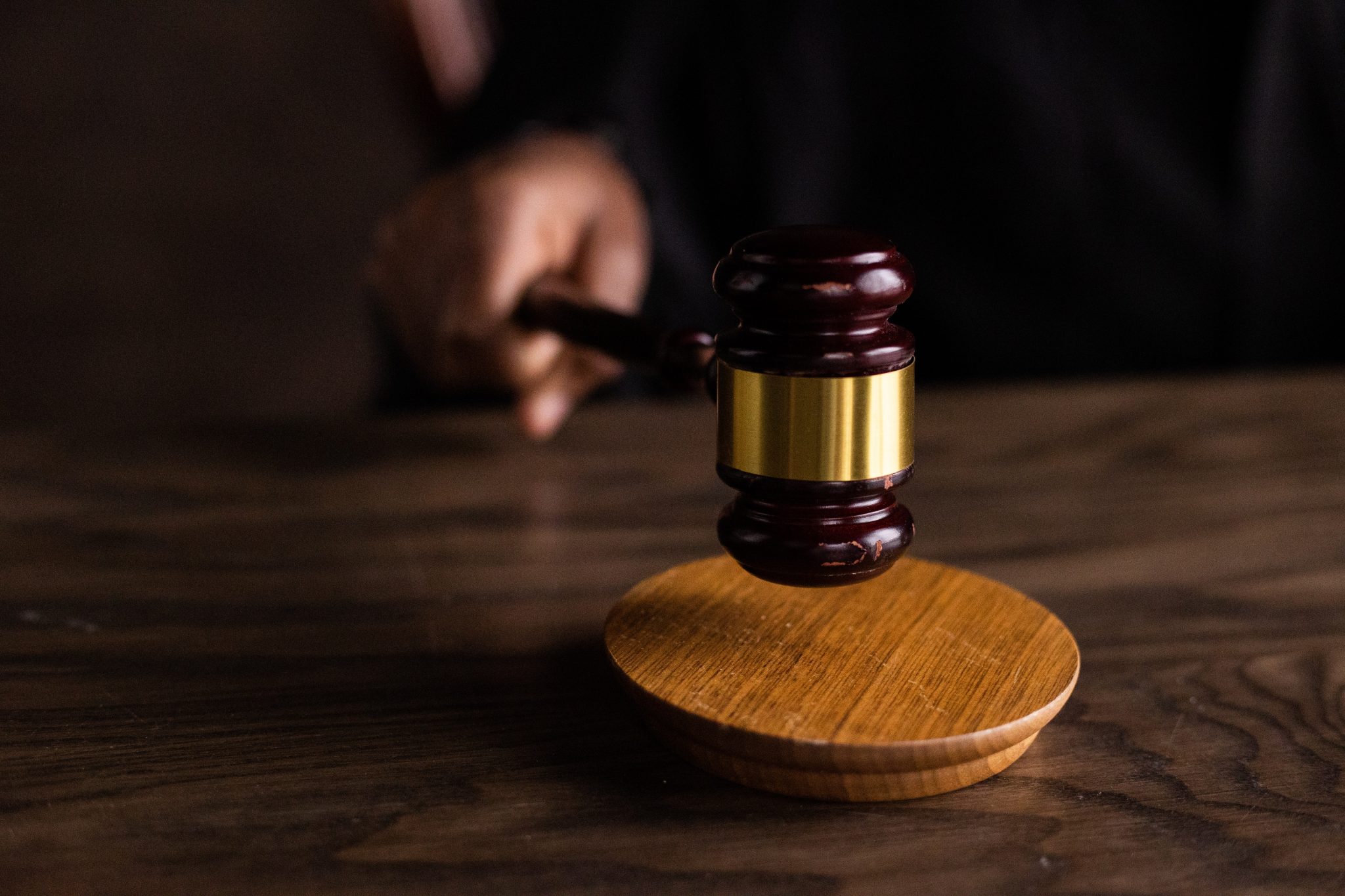Views expressed in opinion columns are the author’s own.
In the past few months, I’ve come across a plethora of memes made about the Depp v. Heard trial, in which actor Johnny Depp sued his ex-wife and actor, Amber Heard, for defamation because of a line in an op-ed that stated she had been a victim of domestic abuse.
In this case, the jury was not sequestered, meaning it was not isolated from the public. This means the jurors had access to many of the biased or threatening viral memes relating to the trial. This could have pushed them toward reaching an unjust verdict, either because they found themselves agreeing with what they saw or because they wanted to reach a verdict of which the public would approve. It’s very possible, if not likely, the jurors were swayed in this case.
Since this was a highly public trial, it is clear the jury should have been sequestered. But sequestering a jury is rare. To ensure jury sequestration is used to prevent bias that inhibits the fairness of a trial, it is essential the government stops avoiding sequestering juries and start improving how juries are sequestered.
There is evidence Depp abused Heard, including witness testimony, photographs, text messages and even a similar defamation lawsuit in which the judge found Depp abused Heard 12 times.
Defamation suits require in part that the defamatory statement is false. This rule was the crux of Heard’s case. Her lawyers argued if Depp abused her, even just one time, her statement that she is a figure representing domestic abuse is true and not defamatory.
It’s clear the verdict should never have been returned in Depp’s favor, but it was. Now, it could leave survivors of domestic violence in fear of what their abuser might do if they dare to call themselves a survivor of domestic abuse — even if that statement is true.
So why did the jury reach this verdict? It certainly could have been a result of what they were seeing online: the content calling Heard a liar, crazy and a sociopath while praising Depp and humanizing him through clips of the jokes he cracked in his testimony.
The judge told the jury to “not do any outside research,” but this comment ignores that obvious bias in favor of Depp was everywhere from in-depth research on social media platforms to giant road signs. It was plainly unavoidable.
The solution to this problem is murky. Oftentimes, the difficulties of jury sequestration can outweigh the benefits. Jurors are often housed in separate hotel rooms, prohibited from watching the news and are under supervision, even when visiting with their families. While this is meant to keep them away from public influence, sometimes jurors become too agitated with the process to focus on the trial at hand or can develop a bias in favor of the prosecution after developing relationships with the guards supervising them.
However, it is still important to sequester juries to ensure fair trials. Solutions need to be implemented that make sequestration as bearable as possible. First, jurors should be better compensated for their time instead of only being paid about $30 a day — a rate that would make anyone resentful, especially someone not able to work their regular job. Second, states should investigate ways to allow jurors to have monitored time on their electronics, so information about the case is filtered out, but they can still enjoy themselves.
Because allowing jurors more access to technology while monitoring what they access needs more research and techniques, it’s important to focus on paying jurors more. Keeping a jury diverse is an issue sequestering a jury poses because not everyone is able to take off work for the trial, so it’s important to make sure jurors are paid a livable wage while serving on a jury.
While there is no clear solution to this problem, shying away from sequestering a jury because of the problems it poses is no way to ensure a fair trial. It is time to really look at ways to improve jury sequestration to ensure that all jury trials are fair.
Rebecca Scherr is a sophomore English and government and politics major. She can be reached at rsscherr101@gmail.com.



